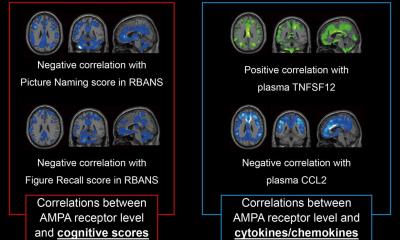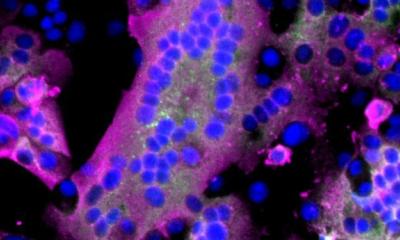News • Coronavirus disease symptom
Exploring why COVID-19 makes people lose their sense of smell
Doctors have reported that partial or total loss of the sense of smell is often an early symptom of infection with SARS-CoV-2, the virus that causes COVID-19.
Now, researchers reporting in ACS Chemical Neuroscience have shown that in mice, two proteins required for SARS-CoV-2 entry are produced by cells of the nasal cavity that contribute to odor detection. Moreover, larger amounts of the proteins are made in older animals than in younger ones.

Image source: Pexels/cottonbro
The new coronavirus still holds many secrets, one of which is how it can cause loss of smell—even in infected people who have no other COVID-19 symptoms. SARS-CoV-2 hijacks two proteins to invade human cells: the cell surface receptor ACE2 and the protease TMPRSS2. However, scientists still aren't sure which cells in the olfactory epithelium (the tissue lining the nasal cavity) express these proteins and could potentially be infected by the virus. Finding out could help explain symptoms and aid in the development of more accurate diagnostic tests. So Rafal Butowt and colleagues studied the proteins' expression in mice and how their levels change with age.
Using several methods, the researchers found that ACE2 and TMPRSS2 are expressed in sustentacular cells—cells of the nose that help transfer odors from the air to neurons. Older mice made more of the two proteins in nasal cells than younger mice. If also true in humans, this result could explain why older people are more susceptible to SARS-CoV-2, the researchers say. They also note that future studies should examine whether sustentacular cells can pass the virus to neurons, which could provide SARS-CoV-2 a route to infect the brain.
Source: American Chemical Society
12.05.2020











